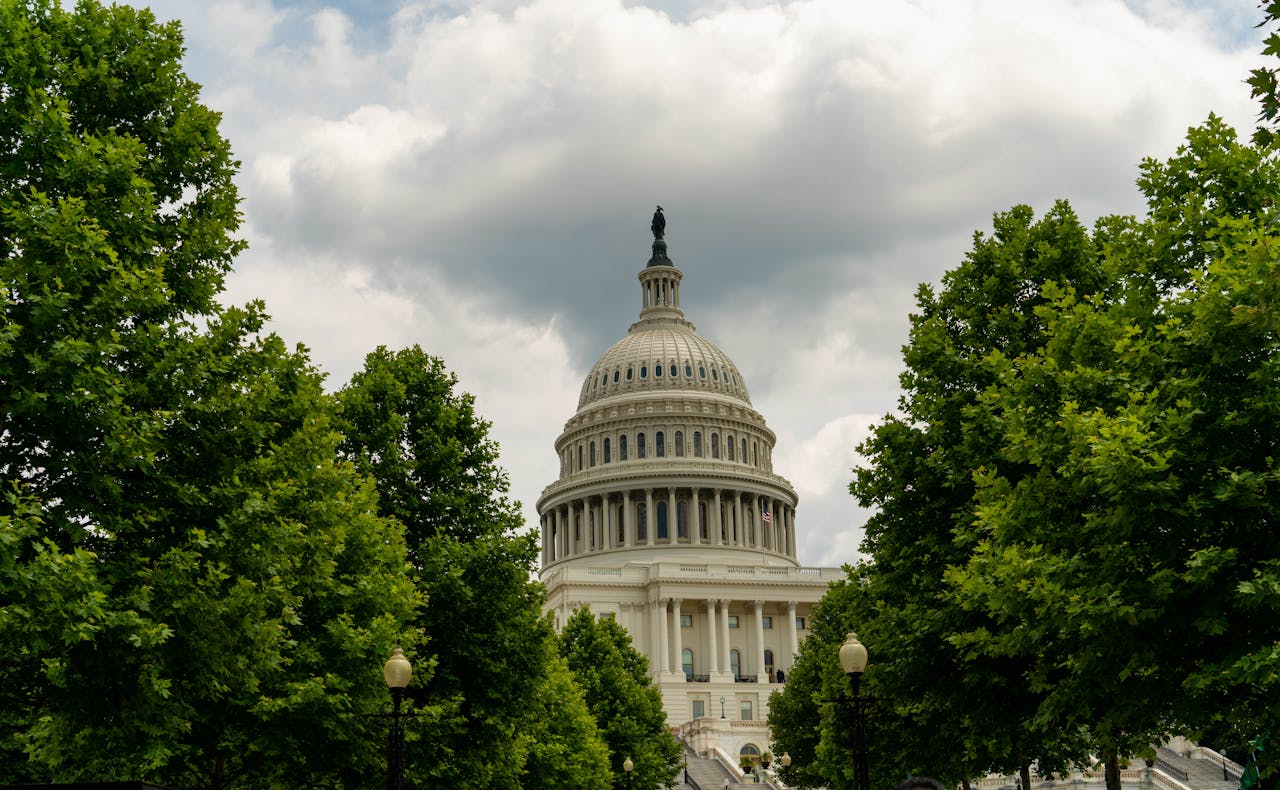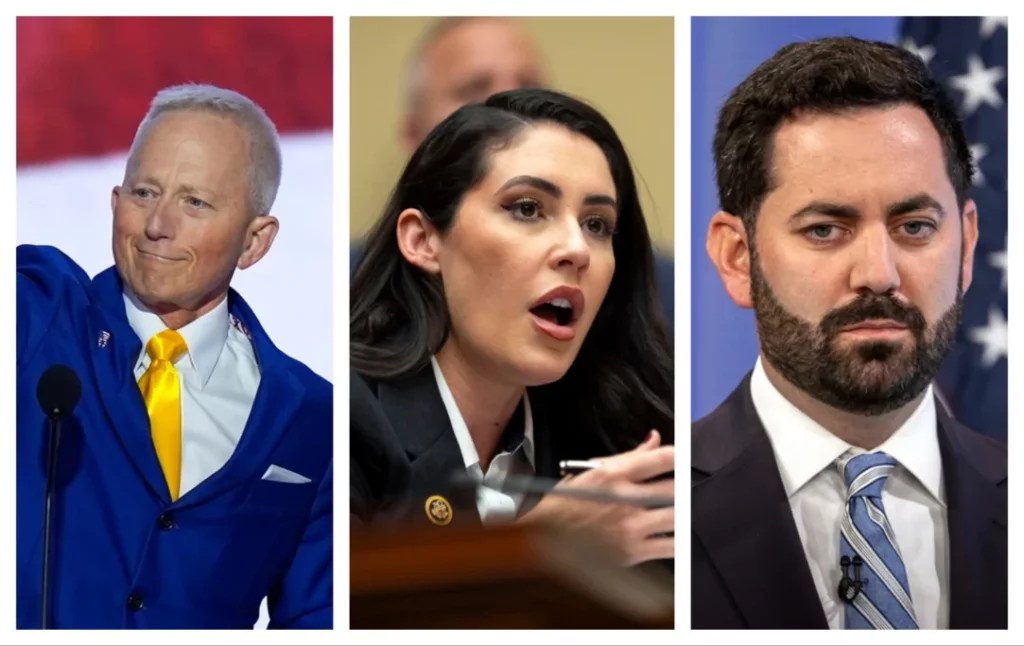Here are the four Republicans who did not vote for Kevin McCarthy’s debt ceiling plan
Four Republicans Break Party Lines on Debt Ceiling Plan
Four Republicans broke party lines on passage of the debt ceiling plan Wednesday, leaving House Speaker Kevin McCarthy (R-CA) without a vote to spare.
Although the measure appears to be a negotiating ploy for McCarthy’s deliberations with Democrats, as the plan is not likely to clear the Senate, the four Republicans largely cited concerns that McCarthy did not go far enough to claw back spending.
MCCARTHY MAKES LATE-NIGHT CONCESSIONS ON DEBT CEILING AMID GOP REVOLT
However, a recent estimate by the Congressional Budget Office found that McCarthy’s plan would reduce the federal deficit by $4.8 trillion over the next 10 years.
Given the GOP’s thin House majority, many naysayers questioned whether a debt limit agreement could even pass the lower chamber, but McCarthy proved them wrong. It cleared along party lines with a 217-215 vote.
Meet the Four Republicans Who Broke Ranks
- Matt Gaetz: Shortly after the GOP’s “Limit, Save, Grow” plan was first unveiled, Rep. Matt Gaetz (R-FL) threatened to vote against it if stronger work requirements for social safety net programs weren’t added to the legislation. He wanted its work requirements to take effect in fiscal 2024 rather than 2025. Republicans ultimately made some of those changes during their 11th-hour tweaking of the bill. The timeline for Temporary Assistance for Needy Families (TANF) and the Supplemental Nutrition Assistance Program (SNAP) work requirements was bumped up to 2024. Still, Gaetz was unsatisfied with the process and lack of spending rollbacks.
- Tim Burchett: Despite the dramatic cuts in spending paired with the debt ceiling increase, Rep. Tim Burchett (R-TN) was not inclined to break his tradition of voting against debt limit hikes.
- Ken Buck: During deliberations, Rep. Ken Buck (R-CO) largely kept his cards close to his chest, but when vote time came, he was a “no.” Buck explained that he was displeased with the measure’s lack of action at curbing government spending.
- Andy Biggs: Rep. Andy Biggs (R-AZ) also voted against the measure, citing spending concerns. Earlier in the year, Biggs was one of the Republicans who voted against McCarthy for speaker during the final round.
Amid a tumultuous process, McCarthy managed to win over holdouts with a slew of late-night concessions that spilled into Wednesday morning. The GOP plan to end the debt ceiling crisis would lift the nation’s borrowing authority over the next year either by $1.5 trillion or until March 31, 2024, whichever comes first.
In exchange, the plan drastically curtails spending to 2022 levels and was initially projected to slash the national deficit by $4.8 trillion over the next 10 years, according to an estimate by the Congressional Budget Office. That estimate did not factor in the last-minute adjustments.
President Joe Biden has demanded a clean bill to increase the debt limit, despite McCarthy’s insistence it be paired with spending clawbacks. He has threatened to veto the proposal, and Democrats have unified in opposition. Even Senate Minority Leader Mitch McConnell (R-KY) has conceded it’s a nonstarter in the upper chamber.
" Conservative News Daily does not always share or support the views and opinions expressed here; they are just those of the writer."





Now loading...